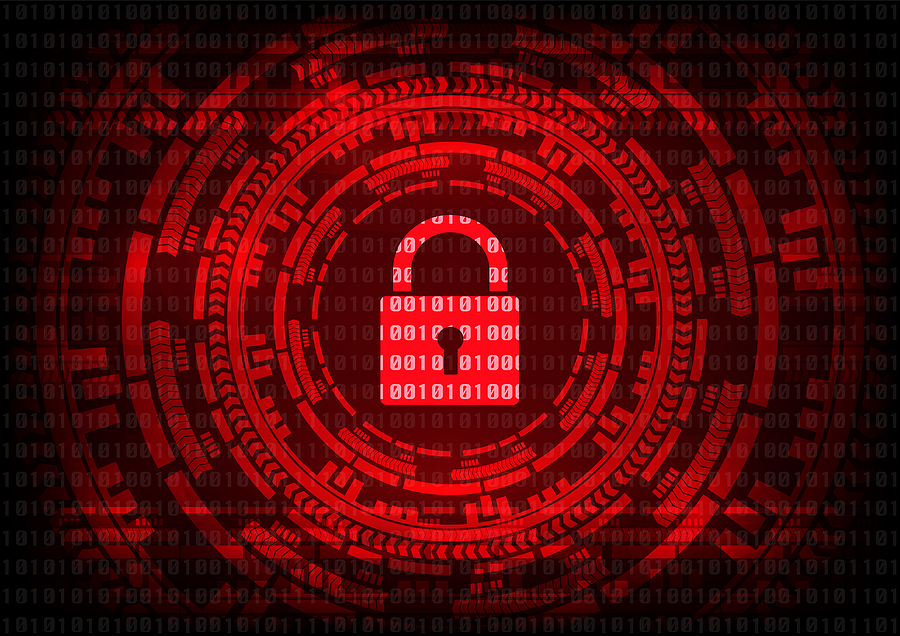Have you ever thought about just how much data is in your ERP? If the wrong person were to gain access to your ERP—such as through hacking or ransomware—it could spell disaster for your business. Attackers could access financials, manufacturing secrets, and other sensitive information to steal valuable information. Cybercrime could even go so far as halting critical infrastructure, effectively crippling your business.
Most think of cybersecurity in the form of the internet or email scams, but ERPs are just as vulnerable to attack, and their centralized functionality makes them an attractive target. Your team needs to have cybersecurity measures in place for ERP systems, too—not only to prevent attack, but to respond should a breach occur.
Common Misconceptions About Your ERP’s Security
It’s true that ERPs have a lot of moving parts, including some built-in security functions. But a big—and dangerous—misconception is that the built-in security is enough to protect your data. It’s true that the built-in security prevents a cyber intruder from accessing sensitive HR data stored on the ERP. But that cyber intruder may still be able to access the underlying database that houses the sensitive data.
The built-in security is also not likely to be robust enough to protect remote ERP access from the internet. With remote access becoming more and more common due to the sharp increase in remote working, offsite access to ERPs opens up a whole host of new security challenges. Security researchers regularly find vulnerabilities in ERP systems the creators didn’t consider or even know about.
5 Steps to Mitigate Risk
Relying on your ERP’s built-in security will likely not be enough. How else can you protect your data? Adding some best-practice planning and response systems can help mitigate risks you may face and even prevent attacks from happening.
- Educate your teams. Do your employees know all the vulnerabilities the company faces and how hackers can illegally access your systems? The more they know about where threats exist, the more your team can be aware and enact prevention measures. Enforce proper employee training that includes a certificate of training completion.
- Create good practices. Threats may come from the inside as well if the wrong people in your company have access to sensitive information. Enact role-based access control and segregation of duties, ensuring position-based security. Install security patches as soon as your ERP provider releases them. Organizations that are behind on security patches are more vulnerable to attacks.
- Secure hardware. Software isn’t the only place attackers strike. Stolen physical hardware—laptops, phones, and more—can open more avenues for malicious access. Keep your important hardware secured so it’s harder to steal.
- Encrypt information. Stolen information that is unreadable is unusable. Take the value out of sensitive information by encrypting it so that outsiders cannot read what it says.
- Create a cybersecurity risk mitigation plan. No matter how much preparation you do, a breach may still occur. Keep a monitoring system in place that can flag unusual access and activity to sensitive information so you can be alerted to events as soon as they happen and enact measures such as forced password changes, locking down systems, and alerting impacted customers.
Regular Preventative Practices
A breach is enough disruption to your business activity; the prevention can’t be worse than the problem, or no one will want to make the time to follow preventative practices. Adding firewalls and multi-factor identification for remote login attempts can help mitigate the threats that appear between ERP security patch releases. VPN technology can also help companies validate new or unfamiliar devices accessing the network to ensure that only those with the appropriate security devices are allowed through.
Added Security With Acumatica Cloud ERP
Security built in to ERP solutions is still useful and should not be ignored as a line of defense against cyberattacks. Many cloud solutions, such as Acumatica Cloud, allow third party integrations for security that allow you to outsource for the latest and greatest protection. Unlike some cloud ERP providers, Acumatica also does not use shared databases, so you can be confident that your information will not be stored in the same database as another client. This makes data more secure.
No matter how much security technology you put in place, remember that your employees are an important line of defense, too. Be sure to implement company-wise best practices that employees are trained and certified in, including multi-factor identification and password protection.
Cybersecurity might not be something you think about every day. But the impacts of an attack can be far reaching and affect your business quite a way down the road. Keep security measures in place for your ERP system and keep the backbone of your organization healthy.
Learn more about how Acumatica Cloud ERP can help keep your data secure. Talk to a software expert now.

